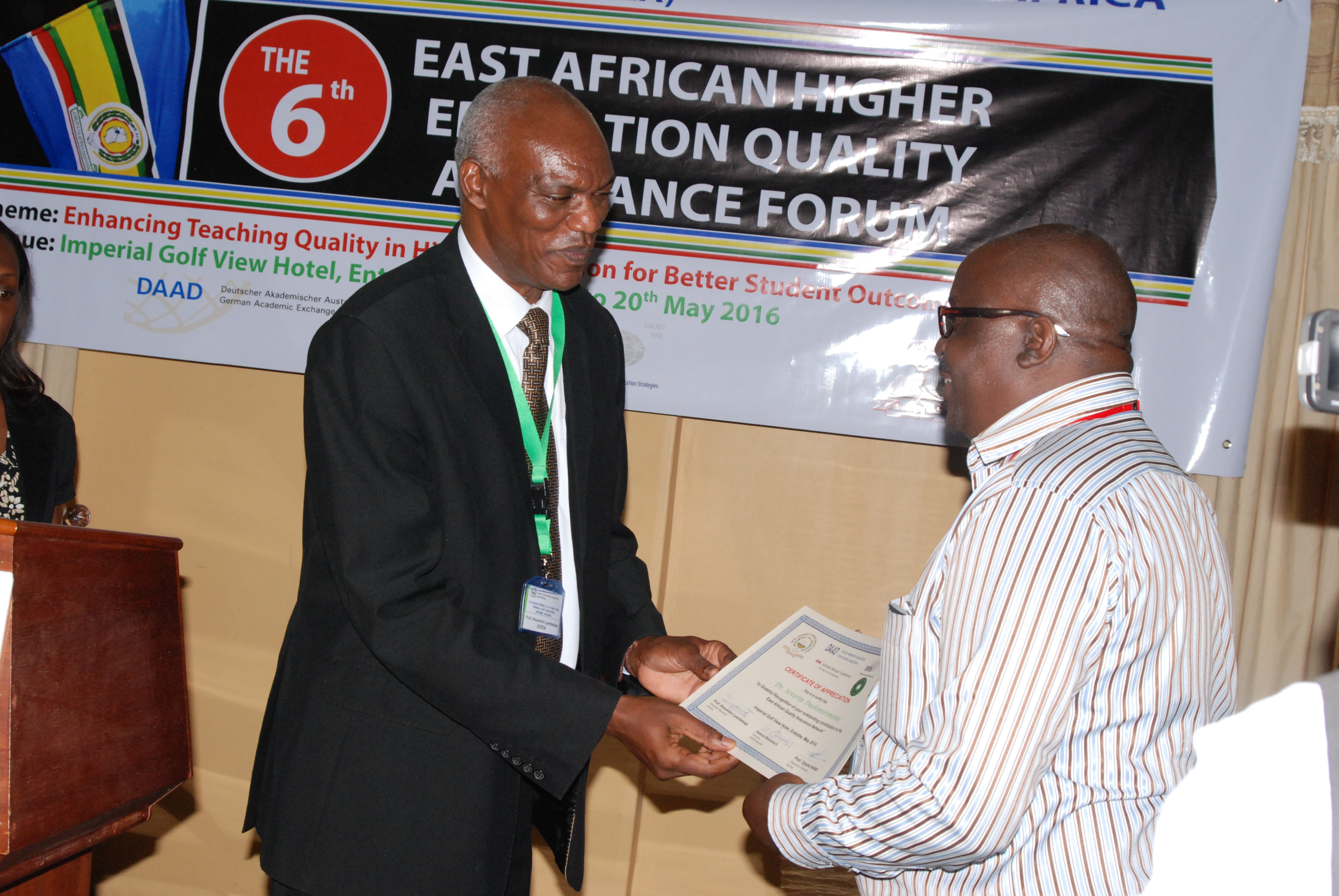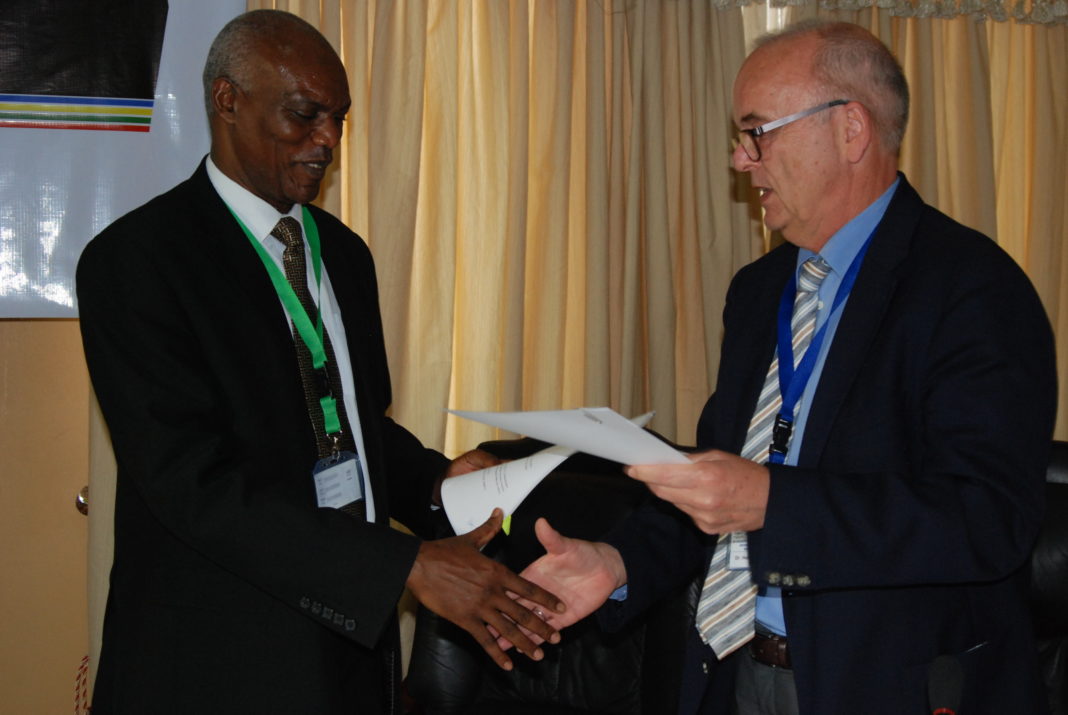The World Bank has provided US$140 million to governments in Africa to establish regional Excellence Centres in 15 countries in East and Central Africa in Uganda.
Making the revelation the Executive Secretary of the Inter-University Council for East Africa (IUCEA), Prof. Alexandre Lyambabaje said the money will serve as incentive for students’ mobility within the region.
The Eastern and Southern African Centers of Excellency (ACE II) project, includes among others Ethiopia, Kenya, Malawi, Mozambique, Rwanda, Tanzania Uganda, Zimbabwe and Zambia, with each country in East Africa set to get US$6 million to establish one centre. There are 24 established Centers of Excellency, with 15 in the East African Partner States.
Meanwhile, Prof Lyambabaje has called upon universities to take a further step from publications to development of innovative products and policies.
Prof Lyambambaje was addressing a High Level Dialogue Meeting of Vice-Chancellors, Deputy Vice-Chancellors and Heads of Commissions/Councils for Higher Education and members of East African Higher Education Quality Assurance Network (EAQAN). The meeting was the culmination of the EAQAN Forum which kicked off on Monday May 16, 2016, followed by EAQAN General Assembly on May 18.

Both meetings held at the Imperial Golf View Hotel in Entebbe, Uganda were also attended by participants from Ghana, Ivory Coast and Somalia, whosought to learn from the East African countries on the development of quality assurance systems in universities.
“We need also to assess how effectively the developed tools in quality assurance are used in our institutions,” said Prof. Lyambabaje citing an example of the current trend where many parents in the East African region are sending their children to study in universities outside East Africa especially abroad.
On supporting of East African innovative ideas Prof. Lyambabaje revealed to the participants that IUCEA is holding its Annual Meeting under the theme “Research and Innovation towards Socio-Economic Transformation of East African Community” where key note presentations and experiences will be shared from Makerere University on Kiira Car Project, Nelson Mandela African Institute of Science and Technology on Low Coast Water Filter and M-PESA on growing financial inclusion from Kenya which has proved to be the best tool in transferring money within the East African region and beyond.
In his remarks to the conference, Prof. John Opuda-Asibo, the Executive Director, National Council for Higher Education, Uganda, urged EAQAN to be more effective by going beyond from what it is doing currently and play the role of advising university senates and even present papers which can be discussed at senate levels. He urged QA Committees in universities to promote academic freedom and research and building staff capacity in quality assurance matters. Prof. Opuda observed the need for Senior Professors to support young university staff so that they grow in their fields.
Commending the work done in collaboration with IUCEA, Dr. Helmut Blumbach, the Germany Academic Exchange Service (DAAD) Director, Regional Office for Africa, said that DAAD and IUCEA are in the process of signing the Memorandum of Understanding whose thematic areas for future collaboration will include: strengthening partnership and collaboration between industries and universities in curriculum development, training and applied research and internationalization of higher education. At the end of the meeting, Dr. Helmut Blumbach and Prof. Alexandre Lyambabaje signed that Memorandum of Understanding for collaboration in the next five years.
The Forum and Dialogue meeting were organized by IUCEA in collaboration with the National Council for Higher Education, (NCHE), Uganda, the Germany Academic Exchange Service (DAAD) and the Germany Rectors’ Conference (HRK).








